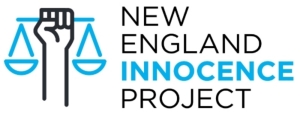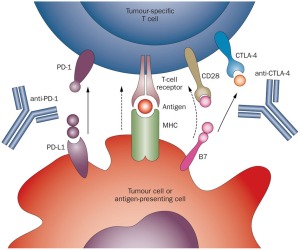
Latino U
Image: latinoucollege.org
Madhu Kumar is a scientific researcher who has studied lung cancer mutations, immune checkpoint therapies, and molecular diagnostics, among other topics. Outside of his work as a scientific advisor for Wilson Sonsini Goodrich and Rosati, Madhu Kumar supports Latino U.
Latino U is a national nonprofit organization that provides support, both financially and otherwise, to first-generation Latino students who desire to attend college. The organization looks to improve the futures of these students by hosting a variety of college coaching programs and workshops, as well as a community of support made up of similar individuals.
The organization’s programs include discussions on paying for college and taking out student loans, as well as a FAFSA boot camp. Latino U encourages those who wish to volunteer and get involved on a personal level to become “College Coaches.” A College Coach is assigned to a low-income Latino high school student who is close to graduating. The College Coach works to provide assistance for the student in filling out college applications and writing scholarship and admission essays.




